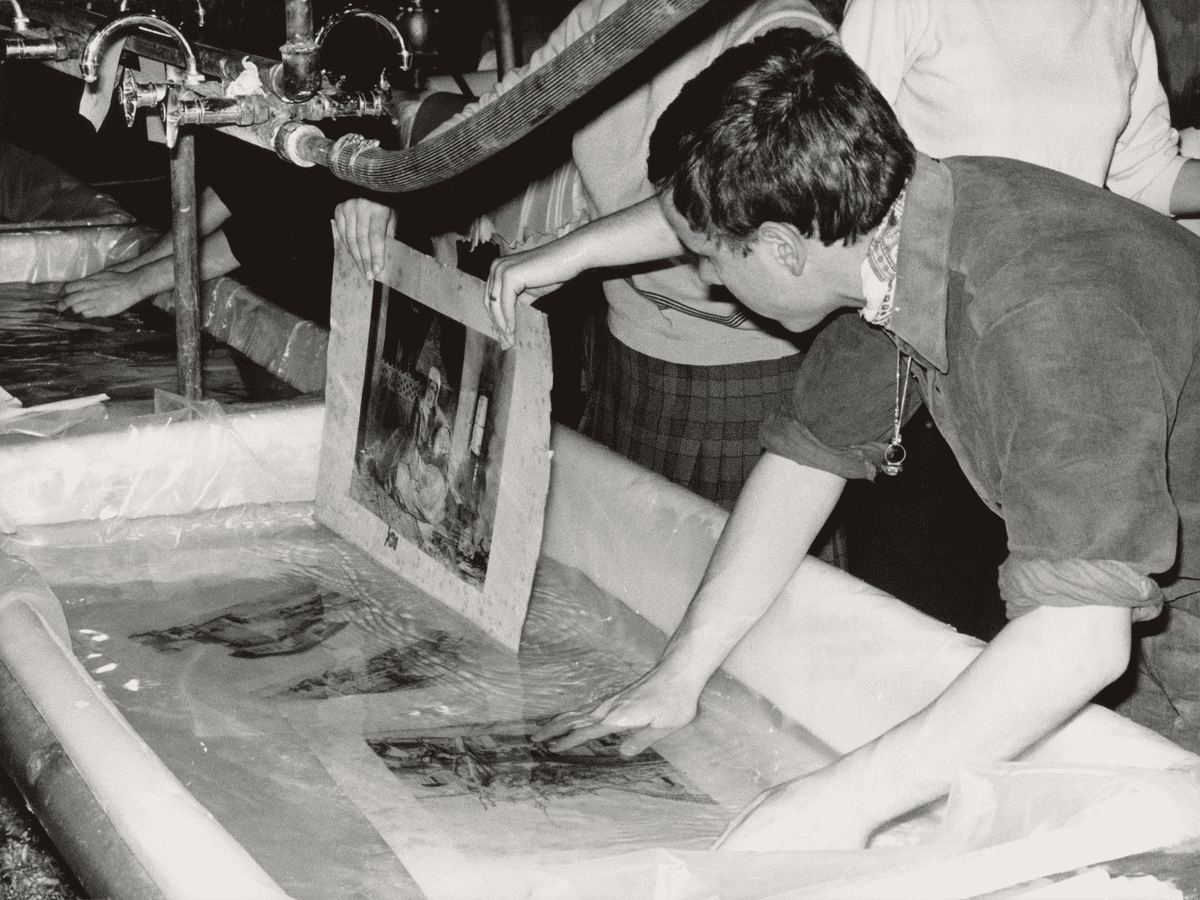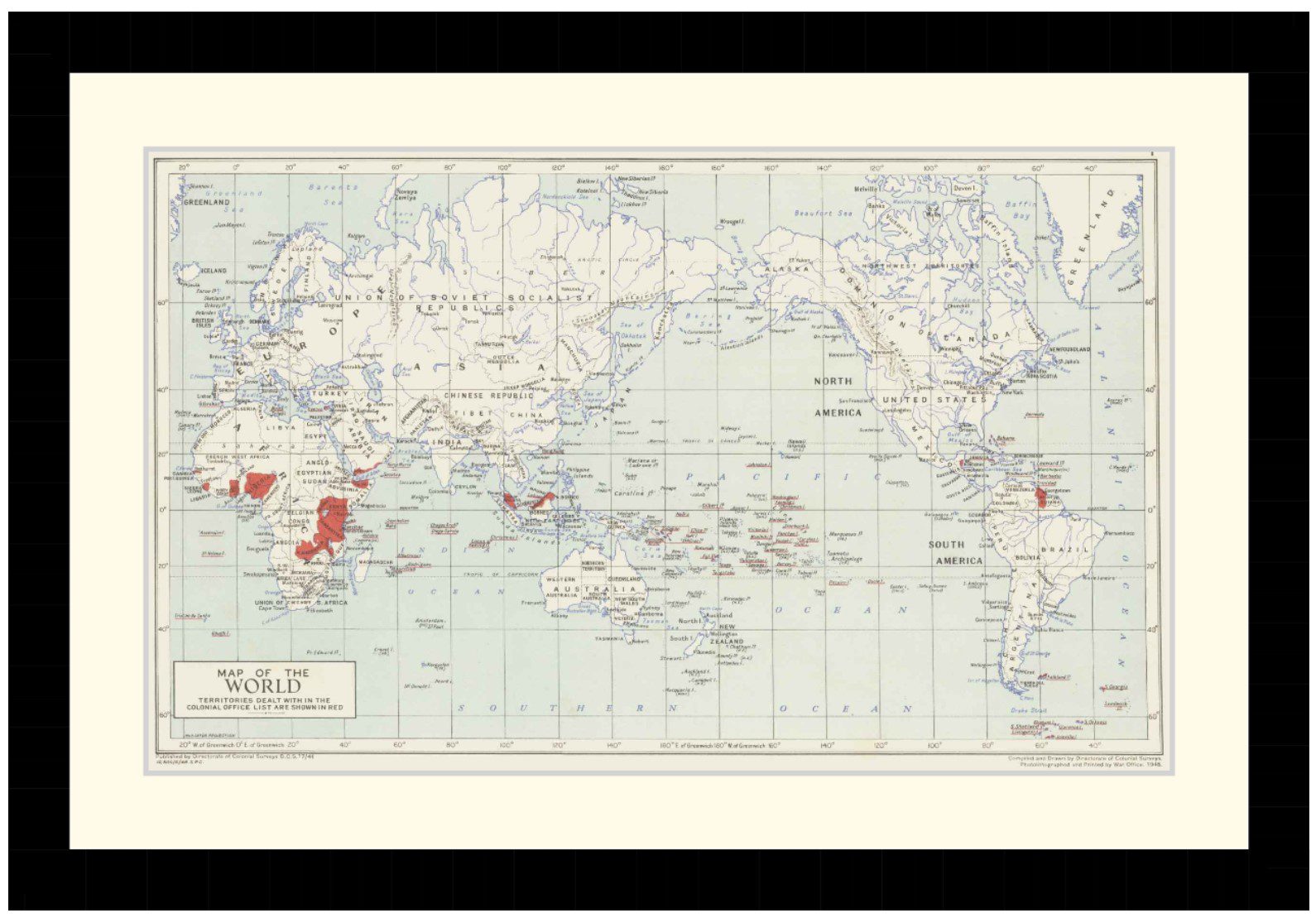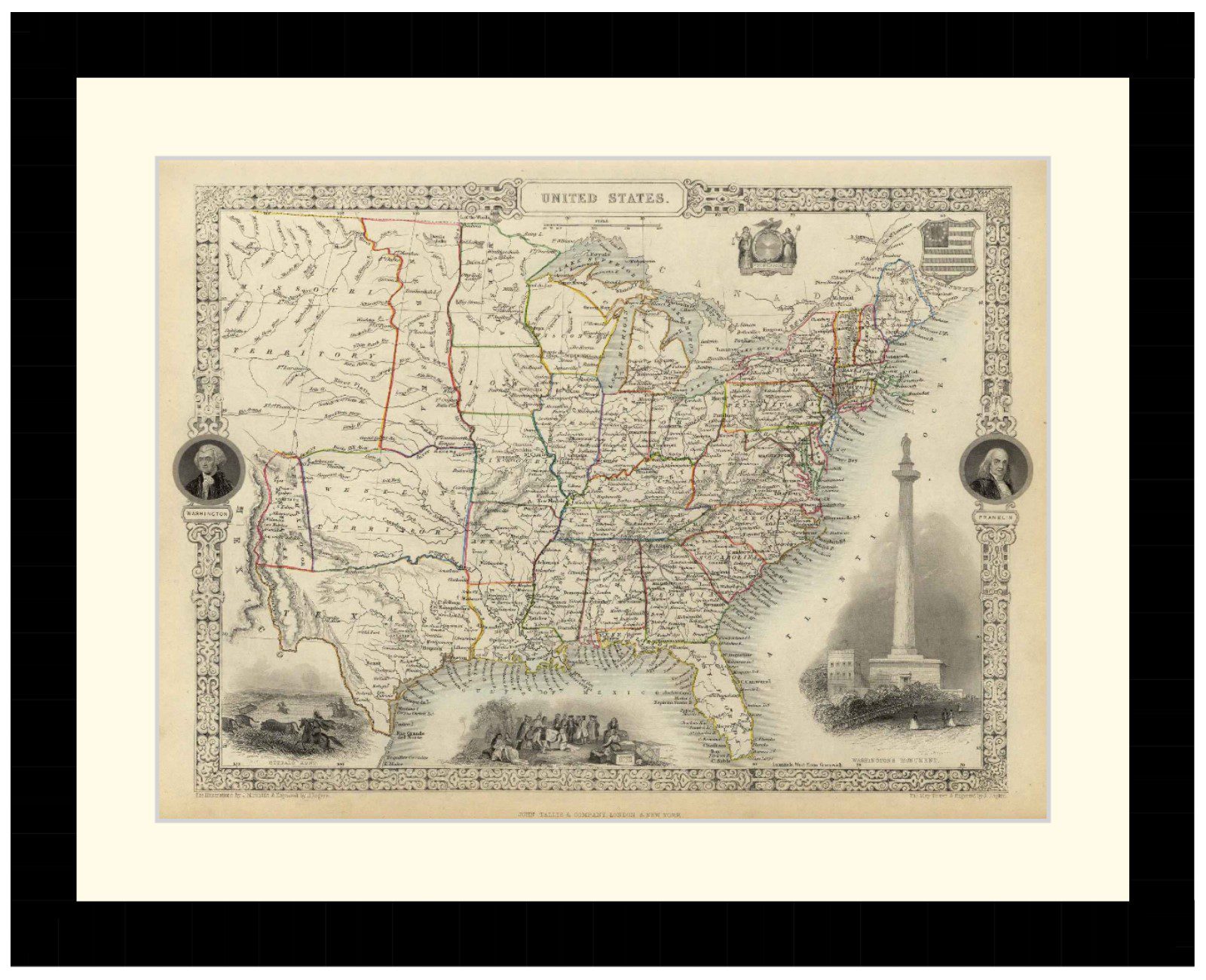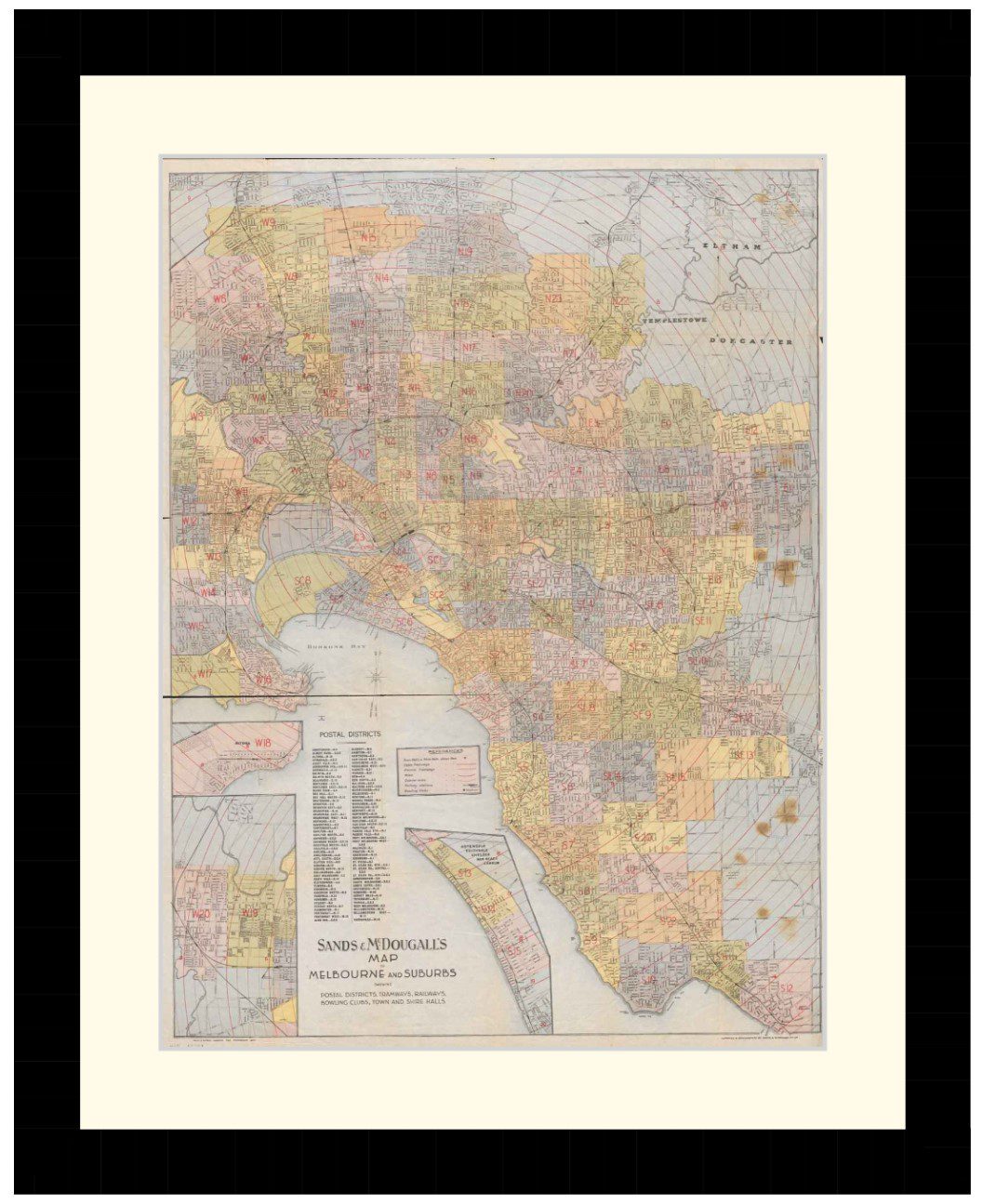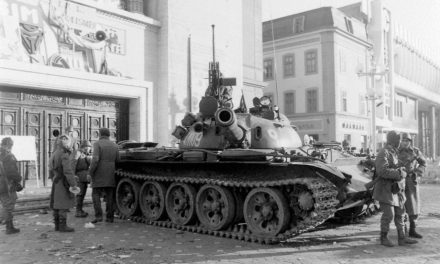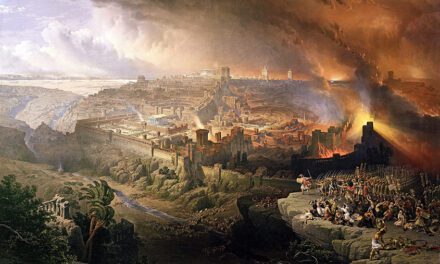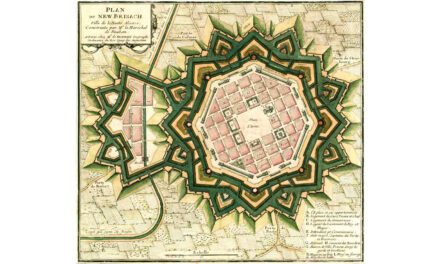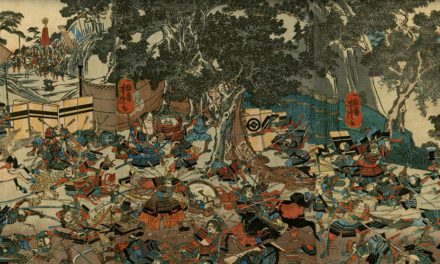The History Guild Weekly History Quiz.
See how your history knowledge stacks up.
1. What aircraft is this?
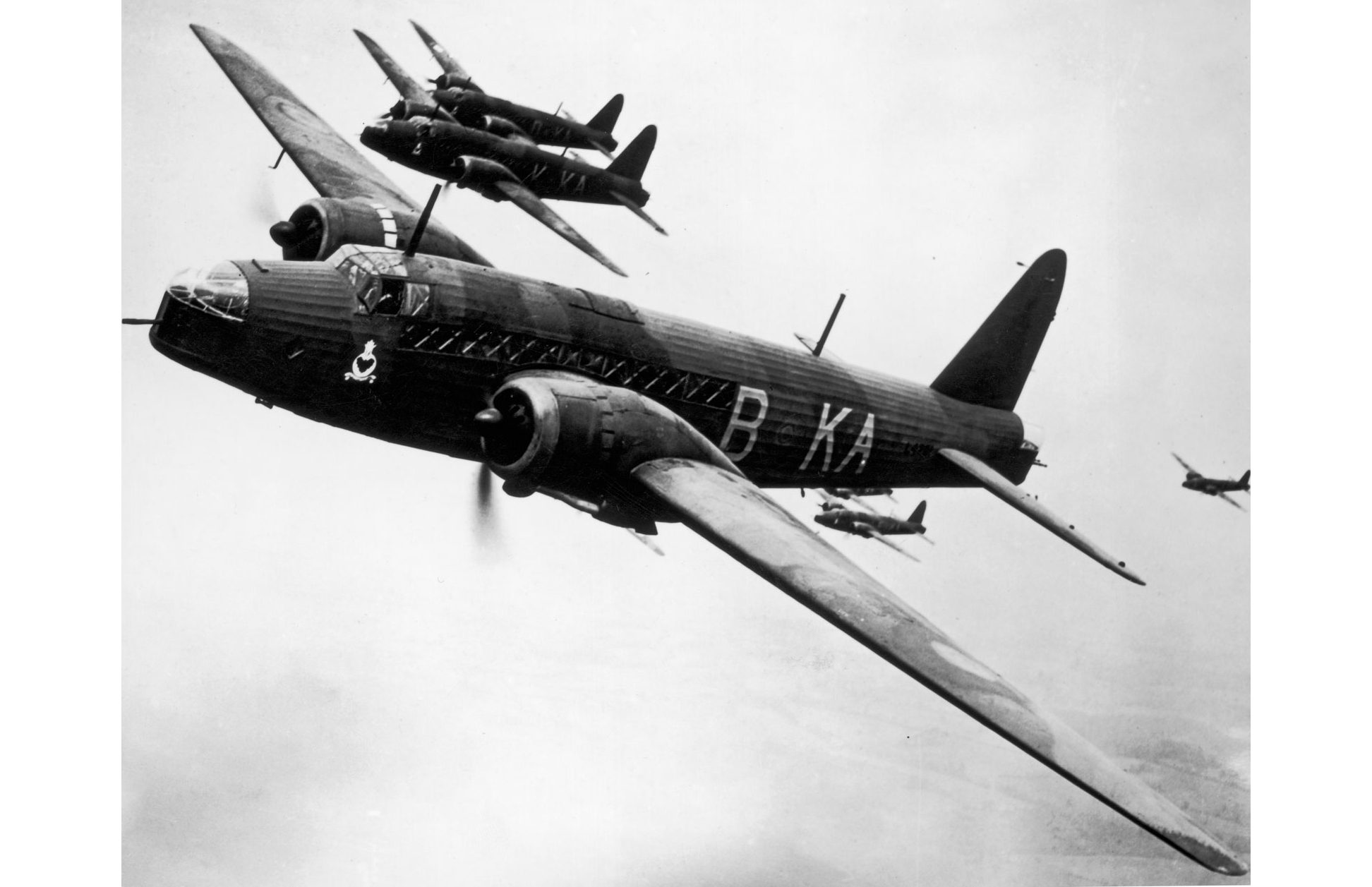
Vickers Wellington – The Vickers Wellington was a British twin-engined, long-range medium bomber. It was designed during the mid-1930s and was the backbone of the RAF bomber force in the first years of WW2.
2. What year was the Kingdom of Great Britain and Northern Ireland formed?
1922 – The Acts of Union 1800 merged the kingdoms of Great Britain and Ireland into a unified state. This continued until Irish Independence in 1922, after which the Kingdom of Great Britain and Northern Ireland was formed.
3. For what was Australian Frederick McCubbin famous?
Painting – Frederick McCubbin was an Australian artist, art teacher and prominent member of the Heidelberg School art movement, also known as Australian impressionism. His paintings create an engulfing, claustrophobic landscape by barely suggesting any horizon and compressing midground and background. In contrast, the bush folk are portrayed as heroic figures. His most famous work is Down on his luck.
4. Which city did Kublai Khan establish as the capital of the Mongol Empire?
Beijing – In 1271, Kublai established the Yuan dynasty with his capital in Beijing, which ruled over present-day China, Mongolia, Korea, and some adjacent areas. He also amassed influence in the Middle East and Europe as a Khagan (King of Kings). By 1279, the Mongol conquest of the Song dynasty was completed and Kublai became the first non-Han emperor to unite all of China proper.
5. What was the estimated population of Australia in 1900?
3.8 million – The Australian population grew rapidly, in 1860 it was 1.1 million and by 1950 it was 8.3 million.
6. What did the Ordinance of Labourers of 1349 require?
That wages for labourers remain fixed – The ordinance was introduced in the wake of the Black Death, which killed 30-40% of the population of Britain. This lead to significant demand for labour and an increase in wages. The ruling classes didn’t want to pay more for labour or the goods that were produced by them, so they lobbied for the ordinance to be introduced that fixed wages at low levels, as well as requiring everyone under the age of 60 to work.
7. How long did Indo-Pakistan war of 1971 last?
13 days – The Indo-Pakistani War of 1971 was a military confrontation between India’s Mitro Bahini forces and Pakistan that occurred during the Bangladesh Liberation War in East Pakistan from 3 December 1971 to the fall of Dacca (Dhaka) on 16 December 1971. It ended with the surrender of East Pakistan and the formation of Bangladesh.
8. Which French explorer sailed along the Australian coast in the years 1800-1803?
Nicolas Baudin – In 1800, Captain Nicolas Baudin, in command of the corvette Le Géographe, with Captain Jacques Félix Emmanuel Hamelin captaining its sister ship Le Naturaliste, set off from Le Havre to map the coast of what came to be called Australia. Read more about their expedition here.
9. Who said “What happened in Selma is part of a far larger movement which reaches into every section and State of America. It is the effort of American Negroes to secure for themselves the full blessings of American life. Their cause must be our cause too. Because it’s not just Negroes, but really it’s all of us, who must overcome the crippling legacy of bigotry and injustice. And we shall overcome.”
Lyndon Johnson – On civil rights Johnson was at odds with other white, southern Democrats. Johnson’s civil rights legacy is represented by his signing the Civil Rights Act of 1964, the Voting Rights Act of 1965, and the Civil Rights Act of 1968. During his presidency the American political landscape transformed significantly, as White southerners who were Democratic stalwarts gradually moved to the Republican Party and African-Americans began moving towards the Democratic Party.
10. Where were the 1920 Olympics held?
Antwerp – The 1920 Olympics were also held under the cloud of a pandemic. Read more here ‘Sardines for breakfast, hypothermia rescues: the story of the cash-strapped, post-pandemic 1920 Olympics.’
Articles you may also like
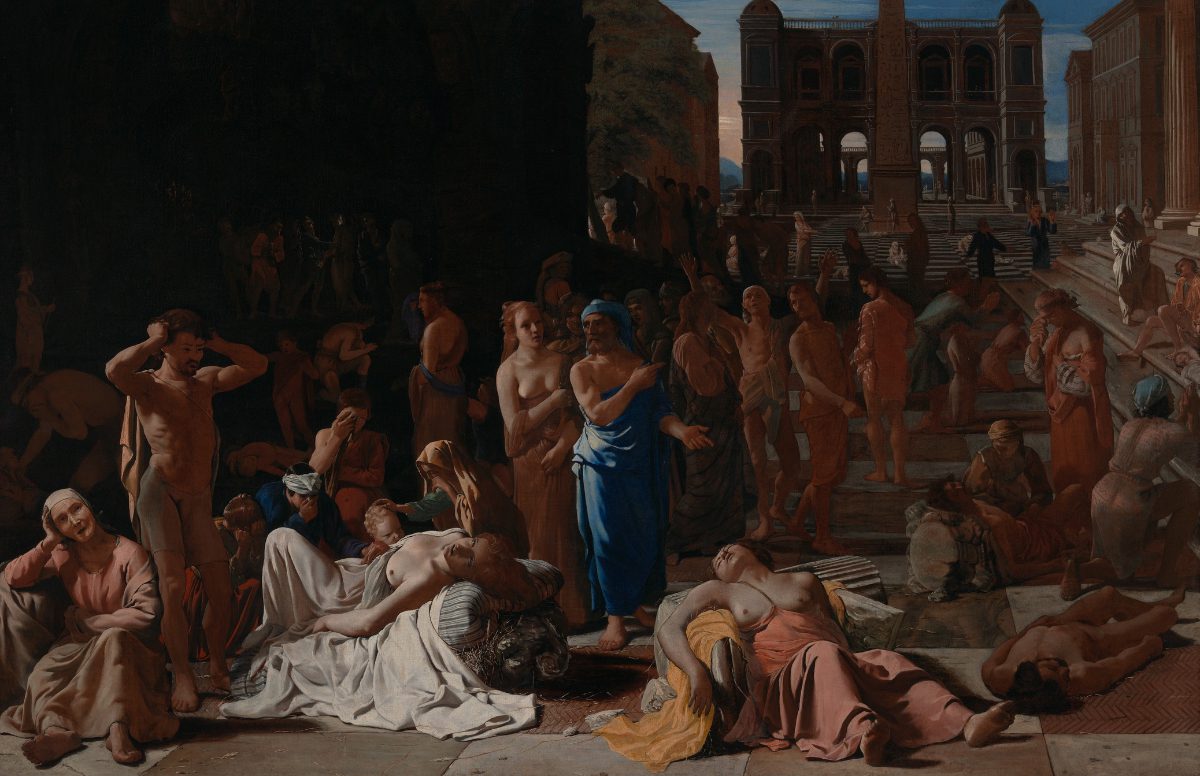
General History Quiz 144
1. The 430 BCE plague of Athens coincided with what event?
Try the full 10 question quiz.
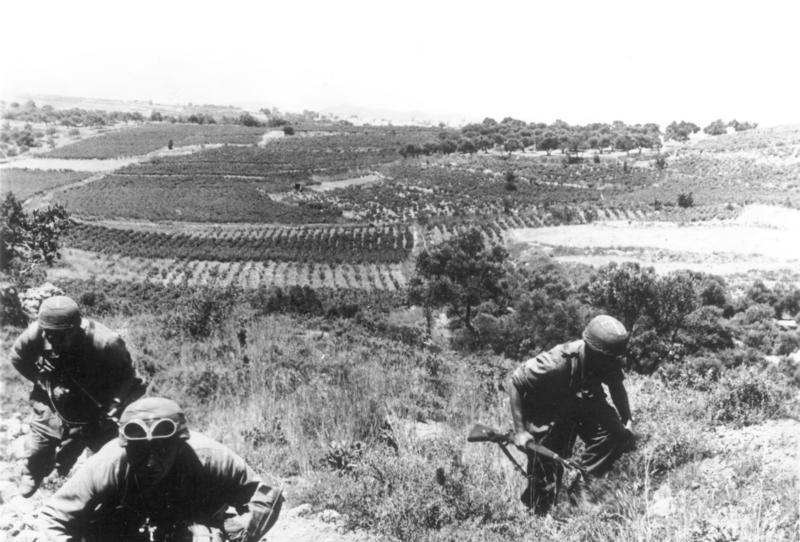
The Battle of Crete, WWII – Video
The Battle of Crete saw around 40,000 Allied troops, including over 6,500 Australians, defending against a German airborne invasion. The Allies fought valiantly, but were eventually overcome by the German paratroopers. However, they inflicted such severe casualties on the Germans that they never again used their airborne forces on a large scale.

